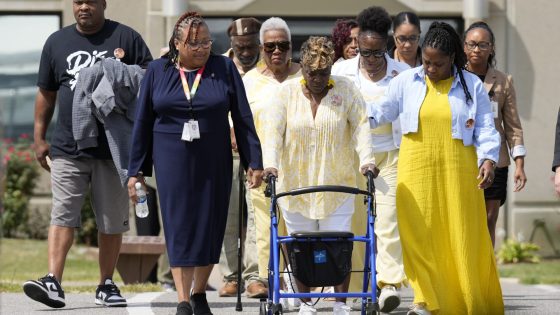The recent tragic killing of an OCMW social worker in Ghent has shaken Belgium’s social services community. On 2025-08-18 00:00:00, the fatal incident occurred during a routine home visit, raising urgent questions about the safety of social workers and the support structures in place.
- Maatschappelijk werker wilde collega meenemen huisbezoek
- Familie moordverdachte reageert verbijsterd
- Identificeer Anasse S., moordenaar OCMW-medewerker
- OCMW-diensten Gent gesloten na herdenking
- Wekelijkse agressie op OCMW-medewerkers ervaren
- Samenleving lijdt door ontoereikende psychische hulp
This event highlights not only the risks faced by those working on the front lines of social care but also the broader challenges in addressing mental health and aggression in vulnerable populations. How can Belgium better protect its social workers? And what changes are needed to prevent such tragedies?
As the city mourns and the OCMW services remain closed for a memorial, the conversation turns to the future of social work in Belgium and the urgent need for systemic improvements.
What does this mean for Belgium’s social care system? The tragedy exposes critical gaps and demands reflection on current practices:
- Social workers frequently face verbal and physical aggression, yet safety measures remain insufficient.
- Mental health services are often inadequate, contributing to crises that frontline workers must manage without enough support.
- Family members of suspects express shock, underscoring the complexity of social and psychological factors involved.
- Temporary closure of OCMW offices in Ghent shows the community’s need to grieve and reassess service delivery.
Looking ahead, Belgium must prioritize stronger safety protocols, invest in mental health resources, and foster collaboration between social services and healthcare providers. Only then can the nation ensure social workers perform their vital roles without fear, safeguarding both their wellbeing and that of the communities they serve.

































